6 things you must do before going on a run
To ensure peak performance, make sure you're ready to run with this essential checklist
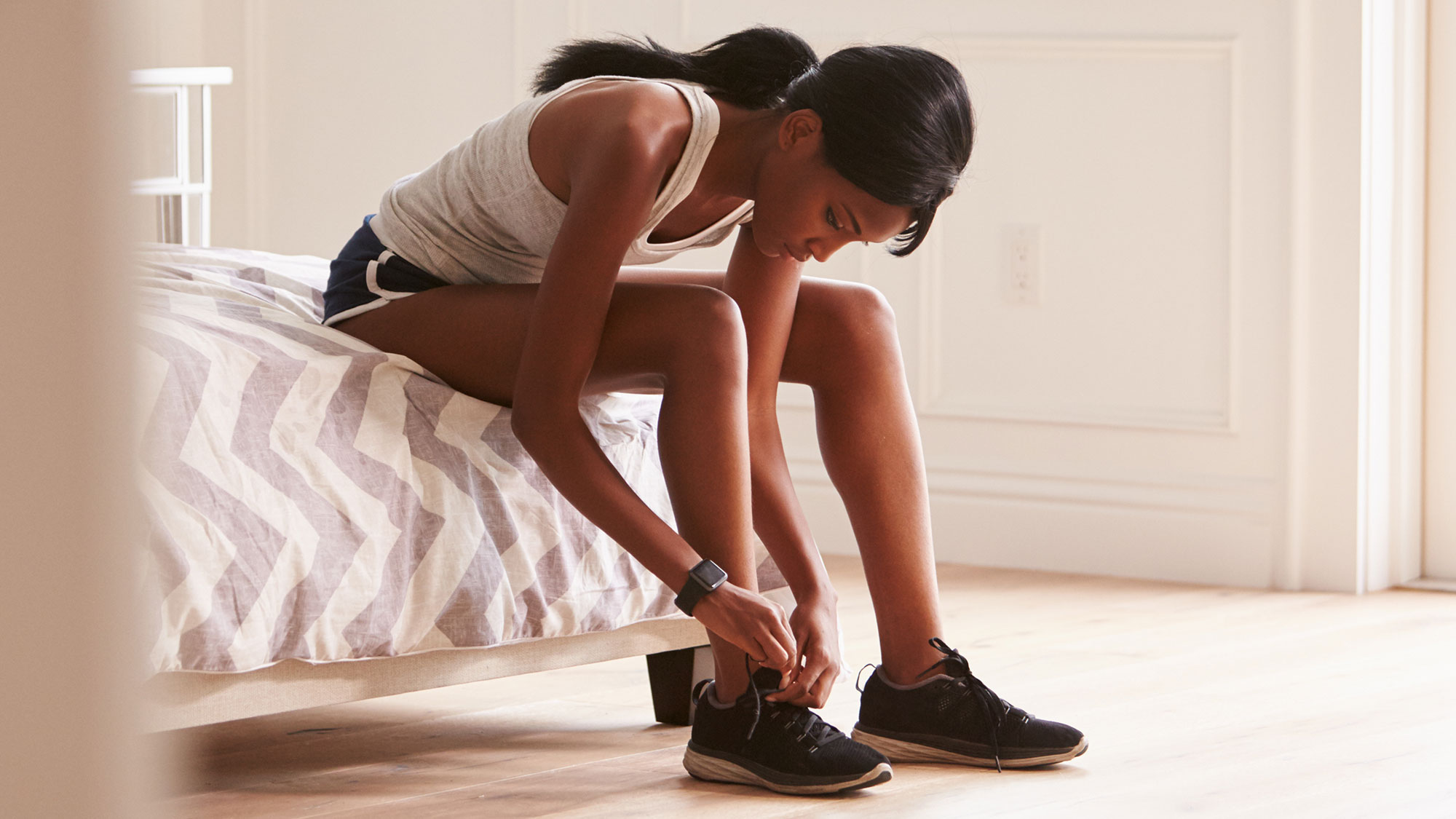

Running is a great way to stay fit, clear a busy mind and simply feel good.
But there are a number of things to do before pulling on your best running shoes for women and heading outside or taking a quick session on one of the best treadmills.
From sorting out the best workout playlist to ensuring you’re properly fueled up, checking off the six points below will ensure you’re ready and raring to run.
1. Fuel Your Body Right
‘It’s important to think like an athlete and treat your body like one too,’ says Ben Davie, Head of HIIT and Running at Digme Fitness.
‘I love the analogy of fueling your car and how it would not run without fuel. Think the same with running.’
Ben recommends having a large meal in the evening if you’re going on a run in the morning. Incorporate wholesome, slow release carbs such as brown rice or quinoa with a healthy protein source such as chicken or tofu. Opt for a plate that's half carbohydrate and half vegetables and protein.
The carbs provide slow release energy which will not only help you get a good sleep, but also provide your muscles with plenty of energy for the next day. Protein is essential for muscle repair and growth. Plus adding plenty of vegetables is a great way to ensure you're giving your body the nutrients it needs to perform at its best.
Get the Fit&Well Newsletter
Start your week with achievable workout ideas, health tips and wellbeing advice in your inbox.
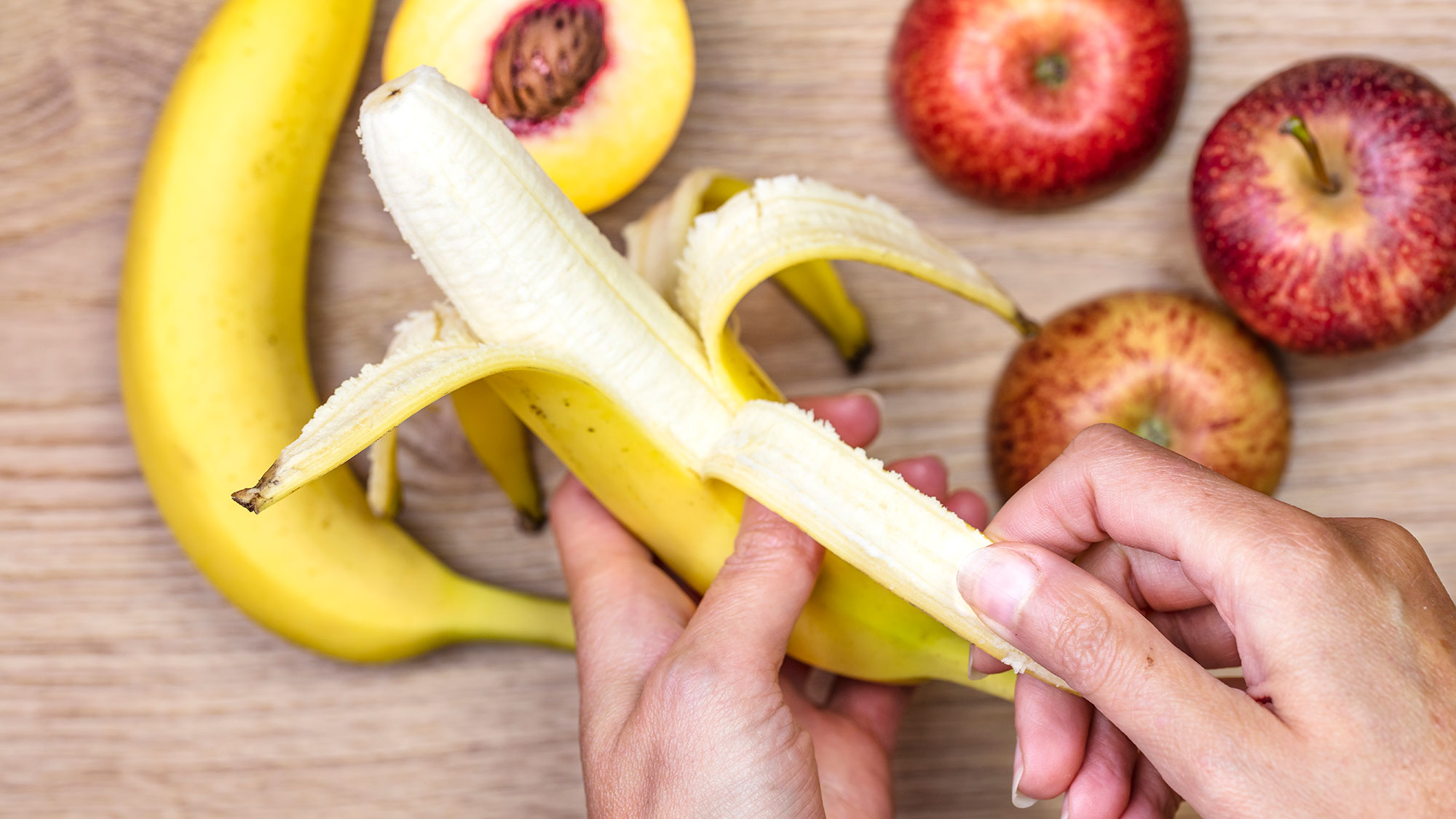
Ben adds that a pre-run banana also helps. The carbs in the banana provide glucose, to give you another hit of running energy. Plus, something small and carb-rich right before you lace up and leave the house will stop you feeling peckish on your run.
Research also suggests that beetroot juice can help boost your run. A study in the Medicine & Science in Sports & Exercise 2011 journal found that drinking beetroot juice five minutes before a run helps increase lung capacity and expand blood vessels, allowing more oxygen to circulate around the body. Our muscles need this oxygen to work optimally too as it provides them with energy.
Some supplements have also been found to be beneficial for runners, too. Another study in the International Journal of Sport Nutrition and Exercise metabolism from 2004 also found that taking a 200mg pill of Rhodiola Rosea extract an hour before a run can help keep you running for up to 10% longer.
2. Warm Up Correctly
‘I know when I allow time to warm up and don’t blast out of the door at my target pace, my body thanks me,’ says Ben.
‘You need time to adjust, to increase blood flow, and to prepare the joints and connective tissue.’
He recommends devoting five minutes before a run to waking up your glutes (bum muscles) and moving dynamically.
Dynamic stretches are those that involve movement, moving muscles and joints through their full range of motion. They help prepare the body for the movement it is about to undertake, and are different to static stretches (where you hold the stretch), which are best saved for after your workout.
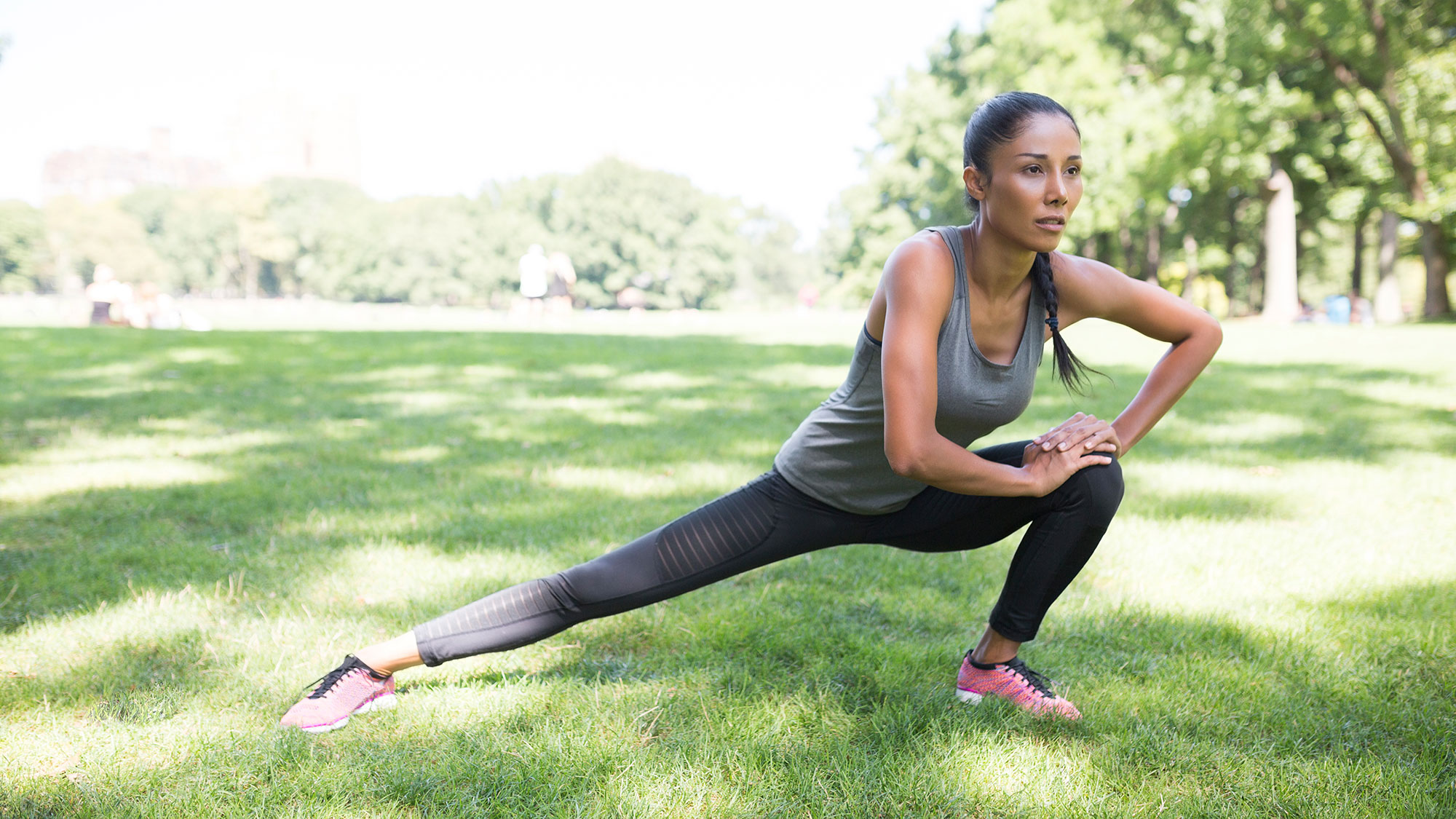
Leg swings are a good dynamic move to do before a run, as they help get the lower body muscles and hips primed for running.
Other examples of dynamic stretches include hamstring sweeps, lunges, arm circles and squats.
If you needed another reason to warm up, a study in the Journal of Strength and Conditioning Research discovered that when runners performed a dynamic stretching routine before getting on the treadmill, they managed to workout for longer at an intense pace.
3. Get The Tunes Ready
Music is one of the best ways to stay motivated during a run - and research suggests it can also enhance your performance, too.
However, matching your stride rate with the music's Beats Per Minute (BPM) could help even more - so spend some time working yours out before you put on your best workout earbuds.

You can work out how many strides you take per minute by counting each step during a 30 second run, then multiplying that figure by two. This is your stride rate, or strides per minute.
Then simply match your stride rate to a playlist of songs with the same BPM. For example, if your stride rate is a 120 per minute, aim to match to a song with a BPM of 120. The site songBPM.com is useful for finding music at specific BPMs.
But why is matching stride rate to song BPM so important?
Well, the mind is a clever thing. There is in fact research that shows how we match our stride to our music BPM, so it's a nifty way of staying at a target pace. If you want to go a little quicker, up the BPM of your music.
For more playlist inspiration, take a look at our pick of the best workout music.
4. Sort Your Mindset
So often, the first five to 10 minutes are a mental battle as you get into 'the zone' - but start your run already 'there' and you'll find the whole process a lot easier.
‘Pre-run, I like to be relaxed with no stress,’ says Ben. ‘Spend five minutes before you leave visualizing a good run and what that means for you. This will help you to leave the front door with a positive headspace.’
5. Hydrate
Ensuring you maintain a healthy fluid intake is crucial to help with joints, avoid cramps and swerve headaches.
We typically lose between 0.8 and 1.4 liters of fluid per hour of exercise through sweating, which underlines how important it is to keep hydration levels up.
As a personal trainer, I advise my clients drink about 500ml of water half an hour before leaving the house for a one-hour run. Then as soon as I return home, I take in another 200 to 300ml.
Not a fan of plain old water? Try adding sliced cucumber or orange slices in your gym water bottle. Or opt for herbal teas - yes, they count!
6. Check Your Kit
Perhaps not an obvious one, but sub-standard kit will only serve to distract you from the task in hand - i.e. hitting your goal for that particular run, whatever that might be.
An obvious starting point is to ask whether your running clothes are fit for purpose. Look for technical fabrics that will help regulate your temperature - especially important when running in particularly hot or cold conditions.
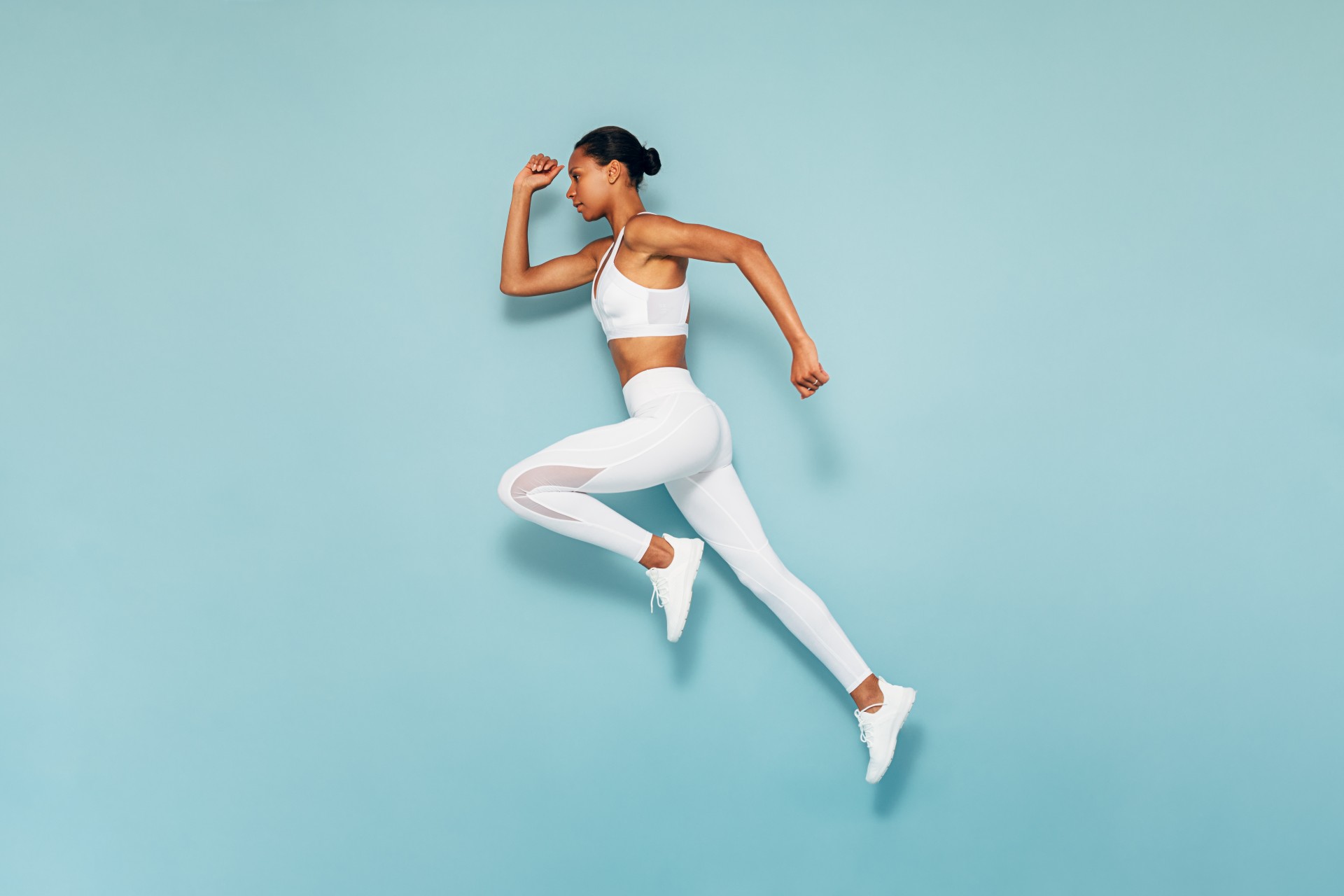
A good fitting and supportive sports bra is also a key consideration for anyone with boobs. Running calls for a bra designed for high-impact sports; we love the Shock Absorber Ultimate Run Bra, which tops our list of the best sports bras.
Finally - and perhaps most importantly - ensure you're wearing running shoes that offer the right level of support and cushioning for your individual needs. This will help minimize injury and running-related niggles. A gait analysis can point you in the direction, or else take a look at guides to the best running shoes for women and the best running shoes for men.
Trail runner? We've picked the best trail running shoes, too. You're welcome!
Lucy is a freelance journalist specializing in health, fitness and lifestyle. She was previously the Health and Fitness Editor across various women's magazines, including Woman&Home, Woman and Woman’s Own as well as Editor of Feel Good You. She has also previously written for titles including Now, Look, Cosmopolitan, GQ, Red and The Sun.
She lives and breathes all things fitness; working out every morning with a mix of running, weights, boxing and long walks. Lucy is a Level 3 personal trainer and teaches classes at various London studios. Plus, she's pre- and post-natal trained and helps new mums get back into fitness after the birth of their baby. Lucy claims that good sleep, plenty of food and a healthy gut (seriously, it's an obsession) are the key to maintaining energy and exercising efficiently. Saying this, she's partial to many classes of champagne and tequila on the rocks whilst out with her friends.
-
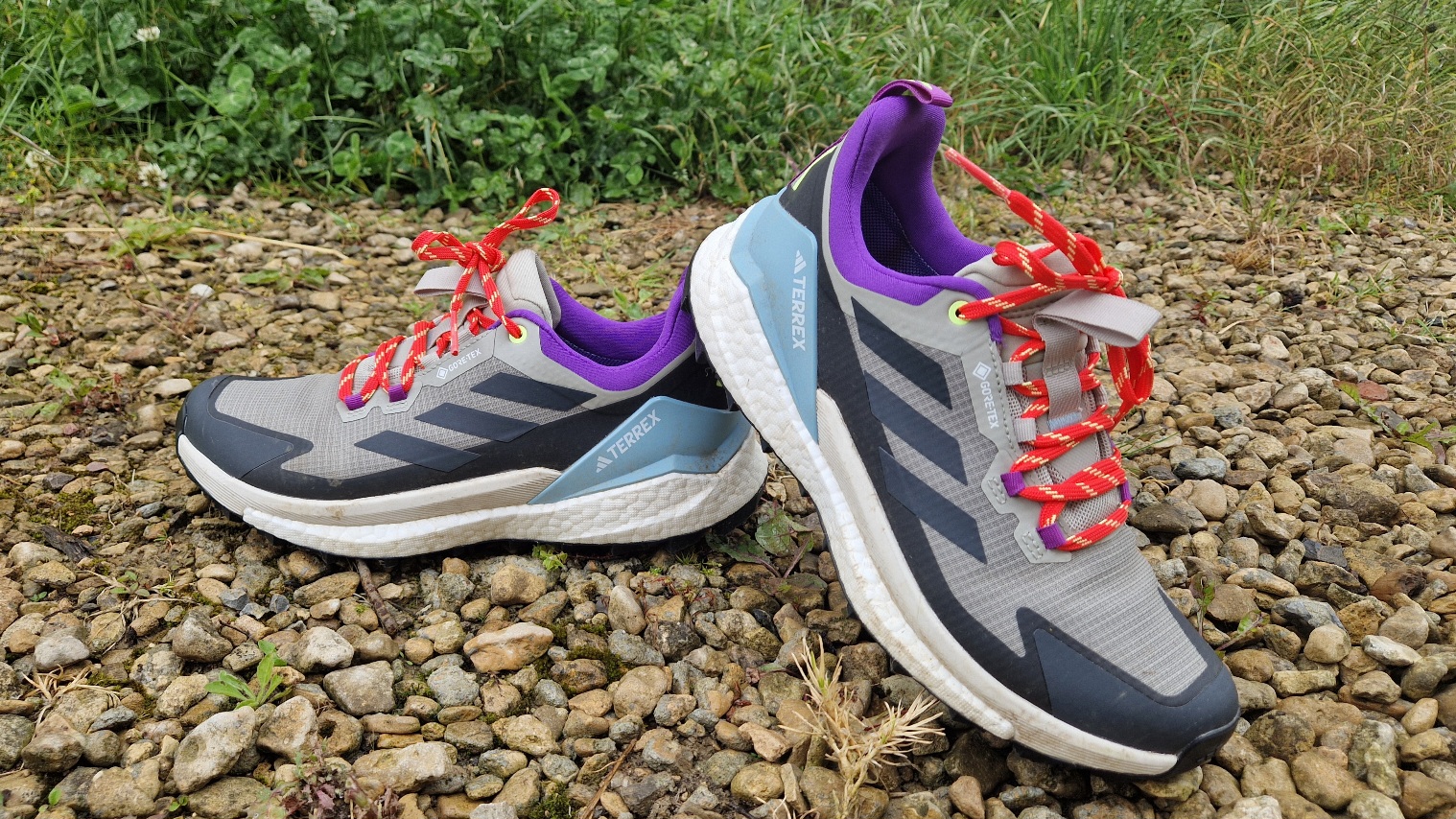 This might be your last chance to get my favourite waterproof walking shoe, and it's 25% off
This might be your last chance to get my favourite waterproof walking shoe, and it's 25% offDeal These Adidas Gore-Tex shoes are the most watertight I've tested
By Lou Mudge
-
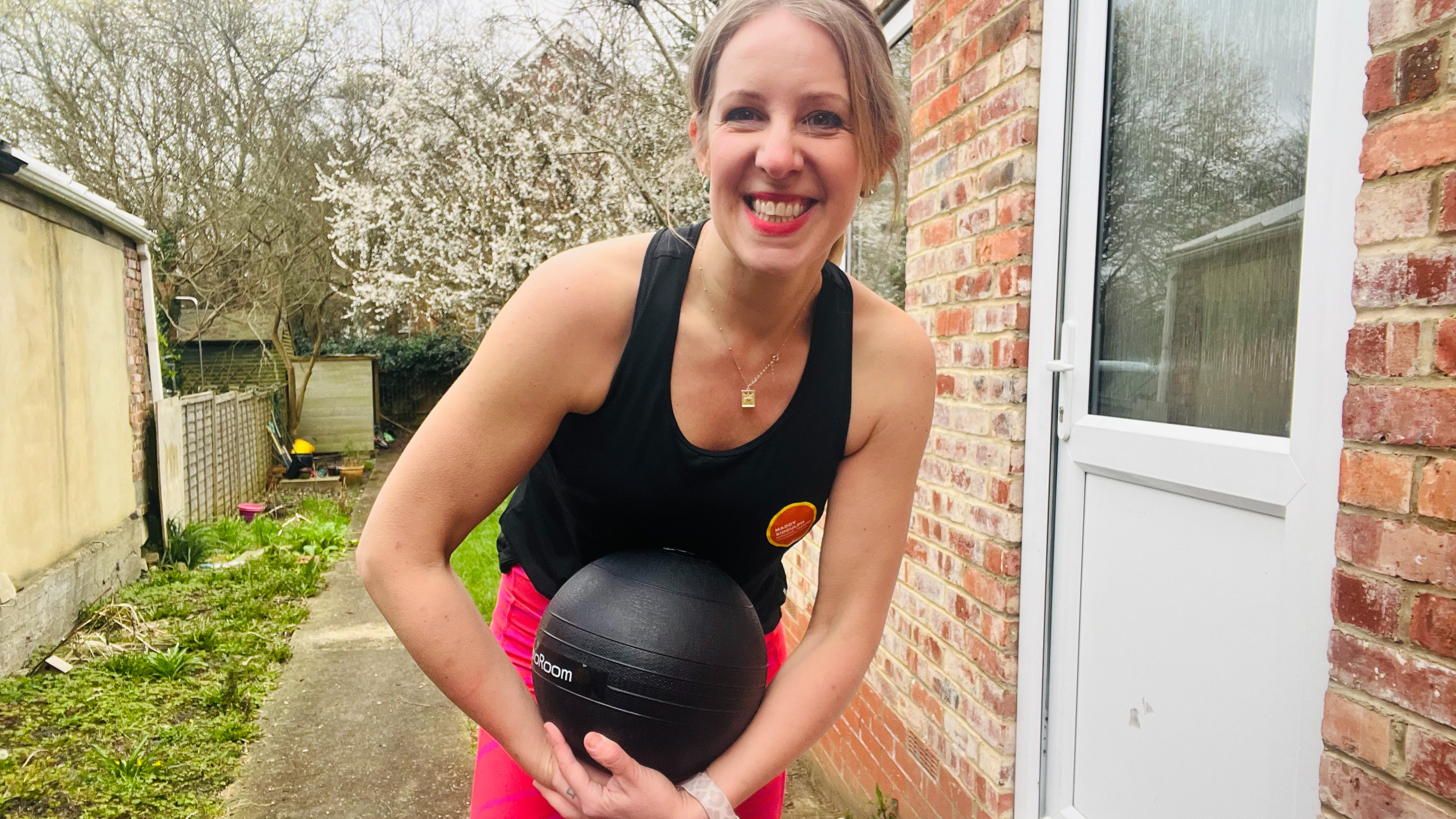 I tried wall balls for 30 days and the results surprised me
I tried wall balls for 30 days and the results surprised meTry this fitness challenge to boost total body strength
By Maddy Biddulph